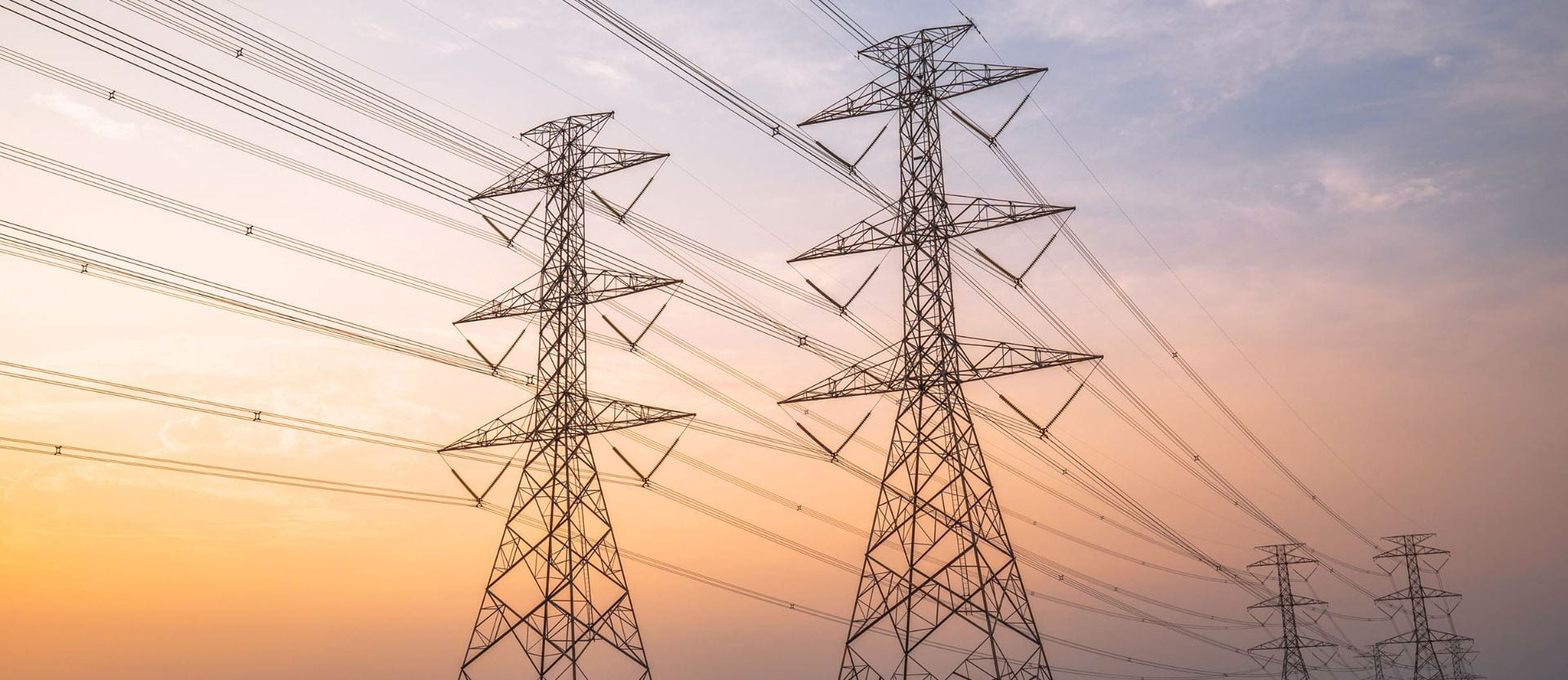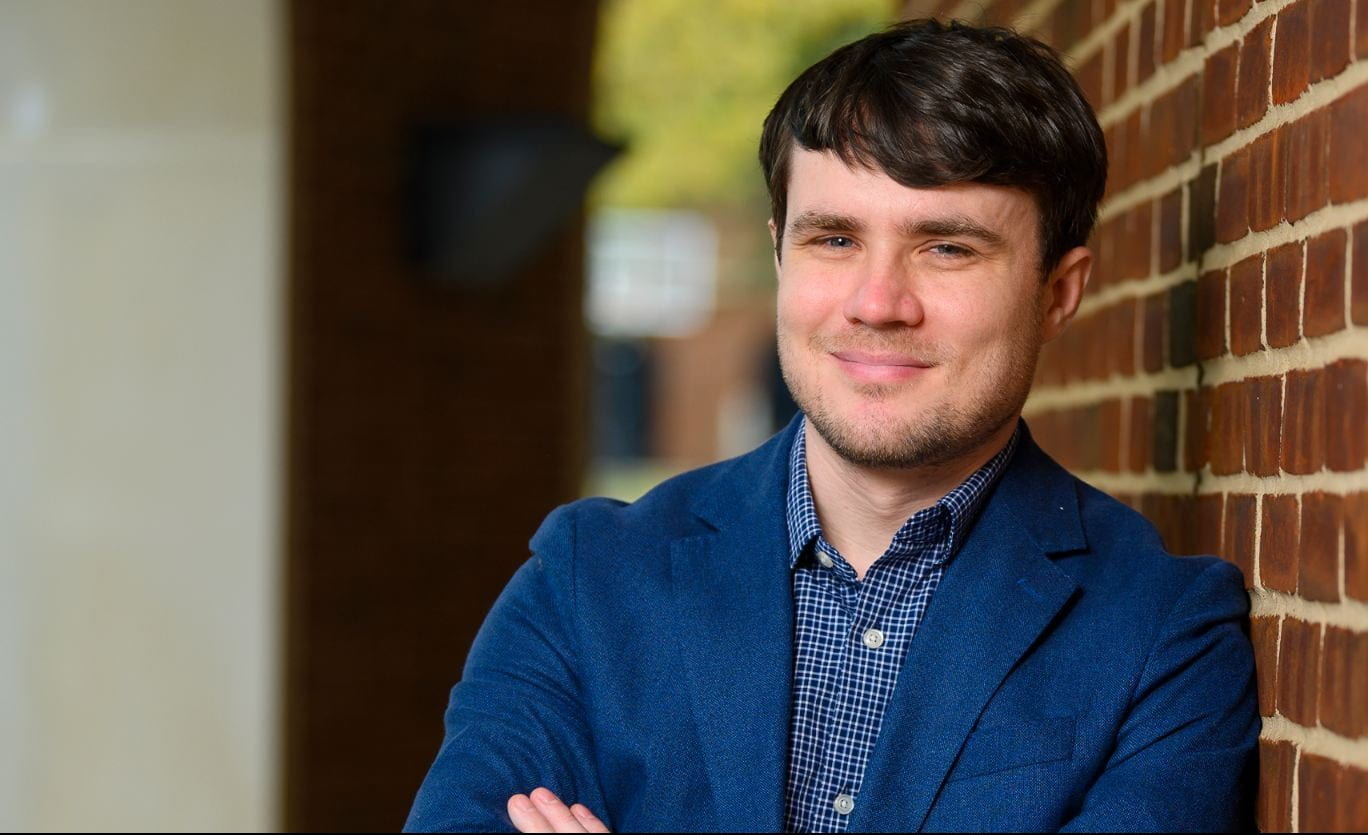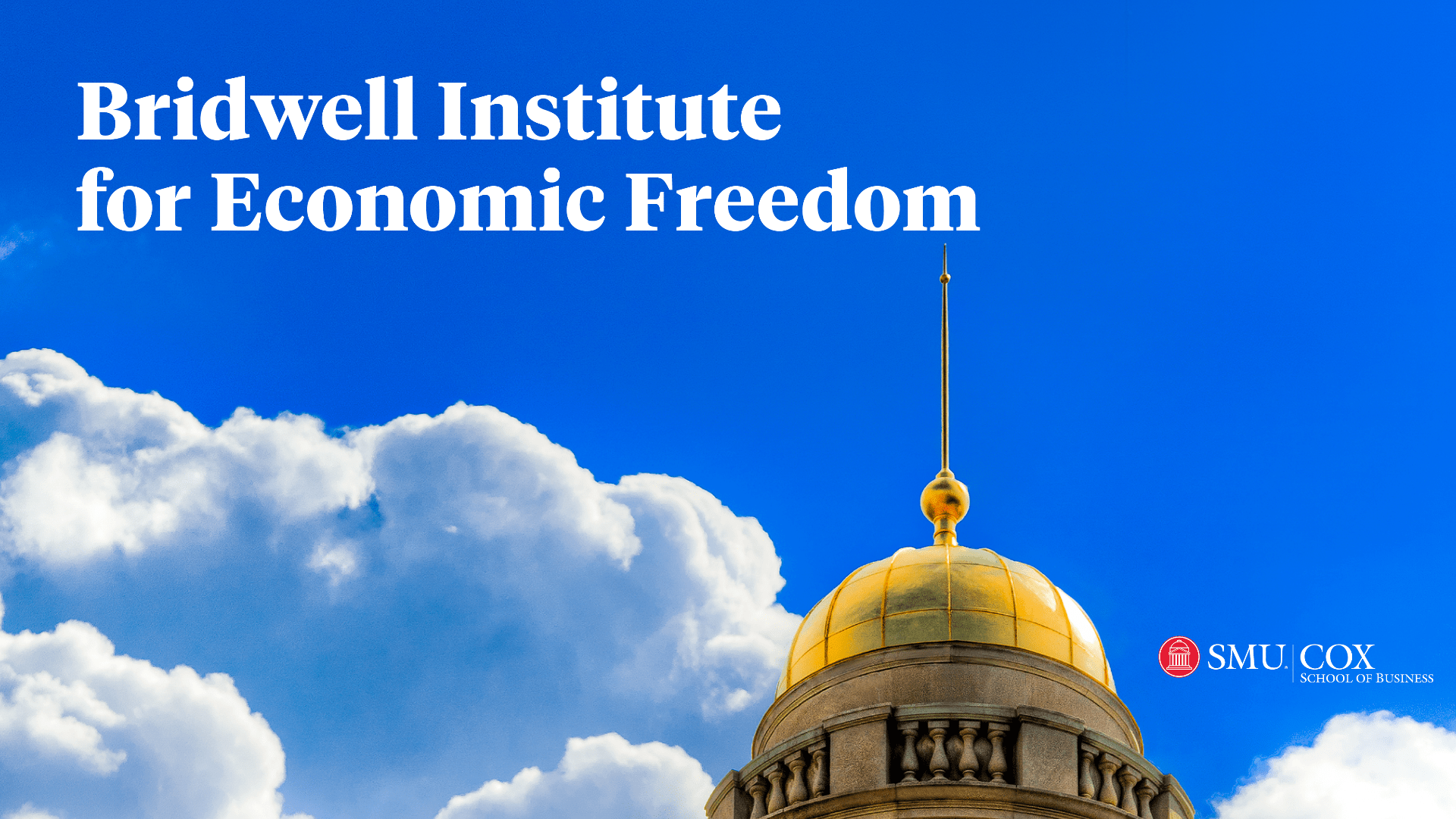The historic power crisis that crippled Texas for several days in February garnered national and international media coverage. The Cox School’s Bruce Bullock, director of the Maguire Energy Institute, and Robert Lawson, director of the Bridwell Institute for Economic Freedom, began to notice a couple of concerning patterns in that coverage. Chief among them: quotes from self-appointed experts citing factual inaccuracies, such as wind and solar power being blamed for the outages to millions of homes. Beyond that, there was a maelstrom of negativity toward the state’s deregulated power system, enough to prompt the two academics to co-author a column in The Dallas Morning News advocating for free market action.
“The main reason we wrote the op-ed was to not throw the baby out with the bathwater,” Lawson, a free-market economist, says. “I don’t think people really understand the beauty of our system” — one in which Texas’ power grid is isolated from the two major national grids in order to deregulate the state’s energy sector.
Bullock and Lawson believe the free market allows Texas to meet a growing need for affordable power with market-based mechanisms that can address the system’s problems efficiently and quickly. The deregulated system may not be perfect — and it failed when February’s back-to-back snow and ice storms hit — but Bullock and Lawson say it can be corrected through better forecasting, contracts and pricing tools.
What We Can Learn from the Disaster
Bullock has intimate knowledge of the Texas energy grid. Prior to his current role as director of the Maguire Energy Institute at SMU Cox, Bullock worked in the oil and gas industry — and actually joined the effort to deregulate the energy sector in 2002. “We had just as bad of a problem with these kinds of events before,” Bullock says. “The [deregulated] system is flexible and dynamic and has brought low-cost power to Texas consumers and businesses. It’s allowed this state to grow in a way a lot of others haven’t. We certainly did not want to see the kinds of criticisms it was getting from people who, frankly, didn’t know what they were talking about.”
Lawson, who holds the Cox School’s Jerome M. Fullinwider Centennial Chair in Economic Freedom, agrees. “We wanted to say, ‘Hey, let’s learn what we have to learn from this disaster,’ but the deregulated part of the Texas system wasn’t really involved,” he says. “The same kinds of faults would have shown up in any regulated system — probably worse.”
Though their published opinion on how to best position the energy grid for success might have differed from some others, their overarching sentiment about the events of February mirrors what Texans experienced: The grid failed the growing Texas population.
“It was poor forecasting that led to poor planning for what was admittedly a rare event,” Bullock says. “But it’s something that does come along about every 10 years.”
Texas Needs Better Forecasting and Better Contracts
So how can the energy grid remain deregulated while becoming better fortified for the next weather disaster? Lawson and Bullock point to two lessons learned. The first: There should be better forecasting for a rapidly changing state. “Texas has grown dramatically, and every time another person moves here, that’s another person who wants their heat and lights on,” Lawson says. “I don’t think the models have really kept up with that growth.”
Bullock adds that there should be more thorough forecasting done ahead of time. “I just got a look at ERCOT’s (the Electric Reliability Council of Texas) summer forecast and all the different scenarios that could lead to more blackouts. It could be right, but there probably ought to be a little bit more work done to outline which of those events is more likely than the others and what the impacts would be. I don’t see any of that. It’s pretty evident we didn’t get any of that in the winter either.”
Another aspect of ERCOT’s plan that surprised the professors was weak, cheap contracts with suppliers. Lawson says he was shocked to learn how fragile the natural gas suppliers in Texas are.
“Everybody wants power, and they try to produce more power, but then the natural gas providers say, ‘I’m sorry, your contract doesn’t allow you to get any more.’ That should never have happened,” Lawson says. “We have to have a system where, if we’re relying on natural gas providers to provide peak power, we absolutely have to have a secure source for them. Obviously, we need more robust generation for these kinds of events, but let’s not go the other extreme and overinvest, which is what I would worry about with a regulated system.”
What Could Be Done Better Next Time
Bullock and Lawson believe the spotlight was on deregulation in the storm’s aftermath because in many cases, after an event like that, voters and consumers have a knee-jerk reaction calling for a new law to be put in place. “But the reality is these are technological problems and economic problems,” Lawson says. “Appointing an expert doesn’t really fix the problem.”
One aspect of Texas’ deregulated system the two believe could be an advantage during future storms is the state’s vast prevalence of smart meters, which allow customers to access and measure their energy usage in real time. The setup gives consumers more control and helps them save money, but it could also be leveraged on the supply side to incentivize energy conservation.
In the op-ed, Lawson and Bullock argue that when a crisis strikes, ERCOT should have emergency powers to raise prices on consumers for a brief period, which could go a long way toward preventing rolling blackouts — a “surgeon’s knife” instead of a “sledgehammer.”
“We’re in a uniquely good position to enlist consumers during these crises, and we really don’t do it enough,” Lawson says.
Investing in Capacity to Generate
One major change the duo would like to see is the Texas market investing in capacity to generate, not just the electricity generated. The addition of capacity markets, which are used to direct payments to operators and ensure power needs are met several years into the future, could help provide crucial incentives and long-term price signals to generators. And though there’s certainly a possibility of overinvesting in power, the two believe the risk of doing so would be much greater in a regulated system, which tends to be inflexible to changing conditions and market prices.
Fortunately for Texans, some positive changes are already in the works. “One bill in the legislature that seems to be moving forward rather quickly is one that will create an emergency coordinating committee between ERCOT, the governor’s Public Utility Commission and the Railroad Commission,” Bullock says. “Getting them all on the same page will make for quicker problem-solving and decision-making.”
Ultimately, Bullock and Lawson point to a history of market-based mechanisms proving to be better allocators of resources than regulators. They say using the free market is key to affordable power in a state that’s welcoming more consumers every day — but going further and expanding our reliance on it could be crucial for keeping the lights on in the future.
Learn more about SMU Cox and the future of business education.









